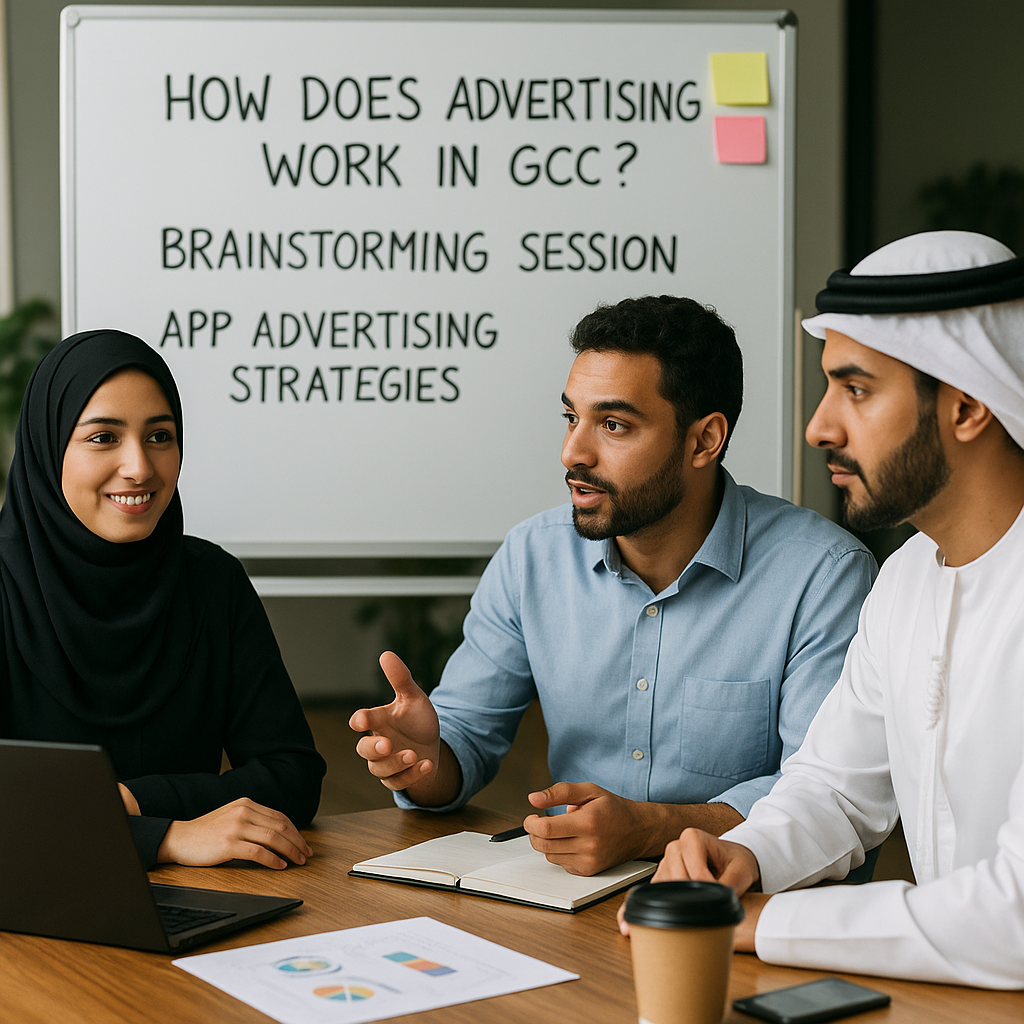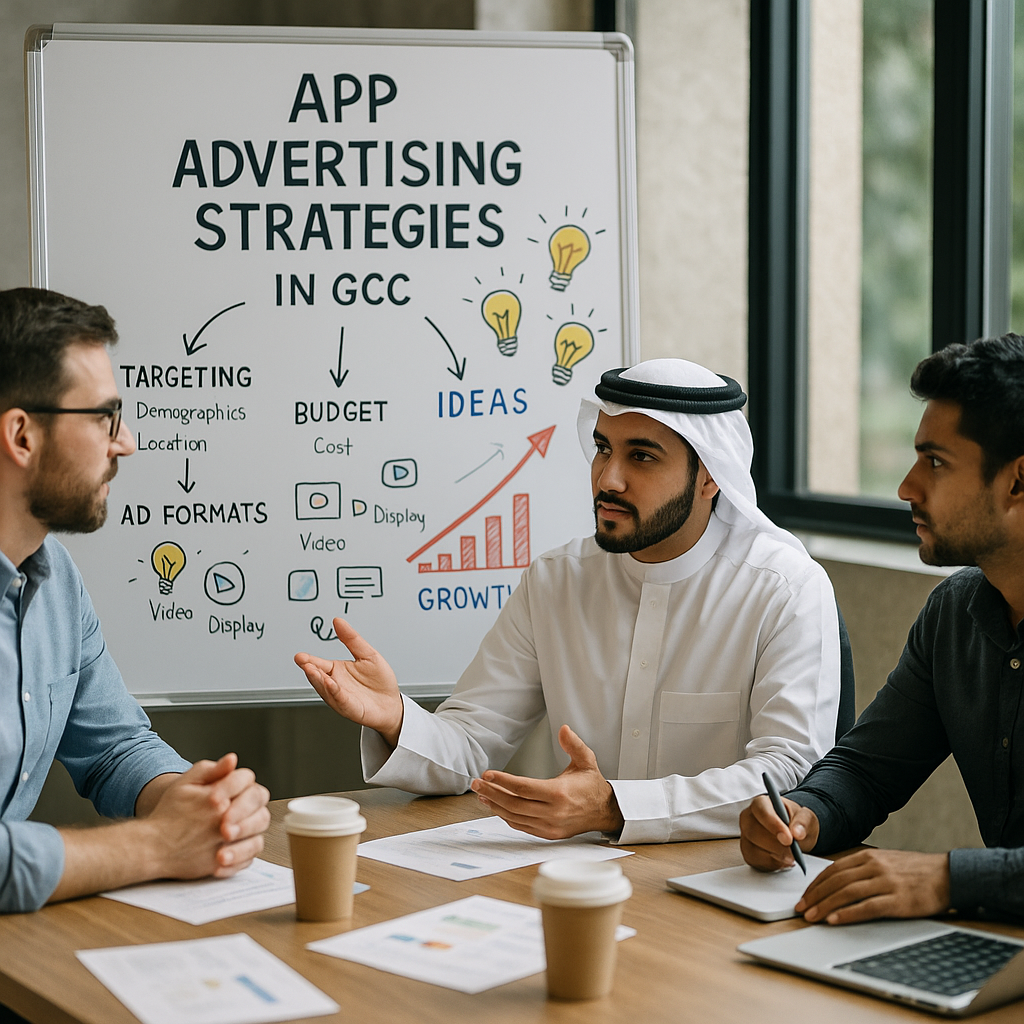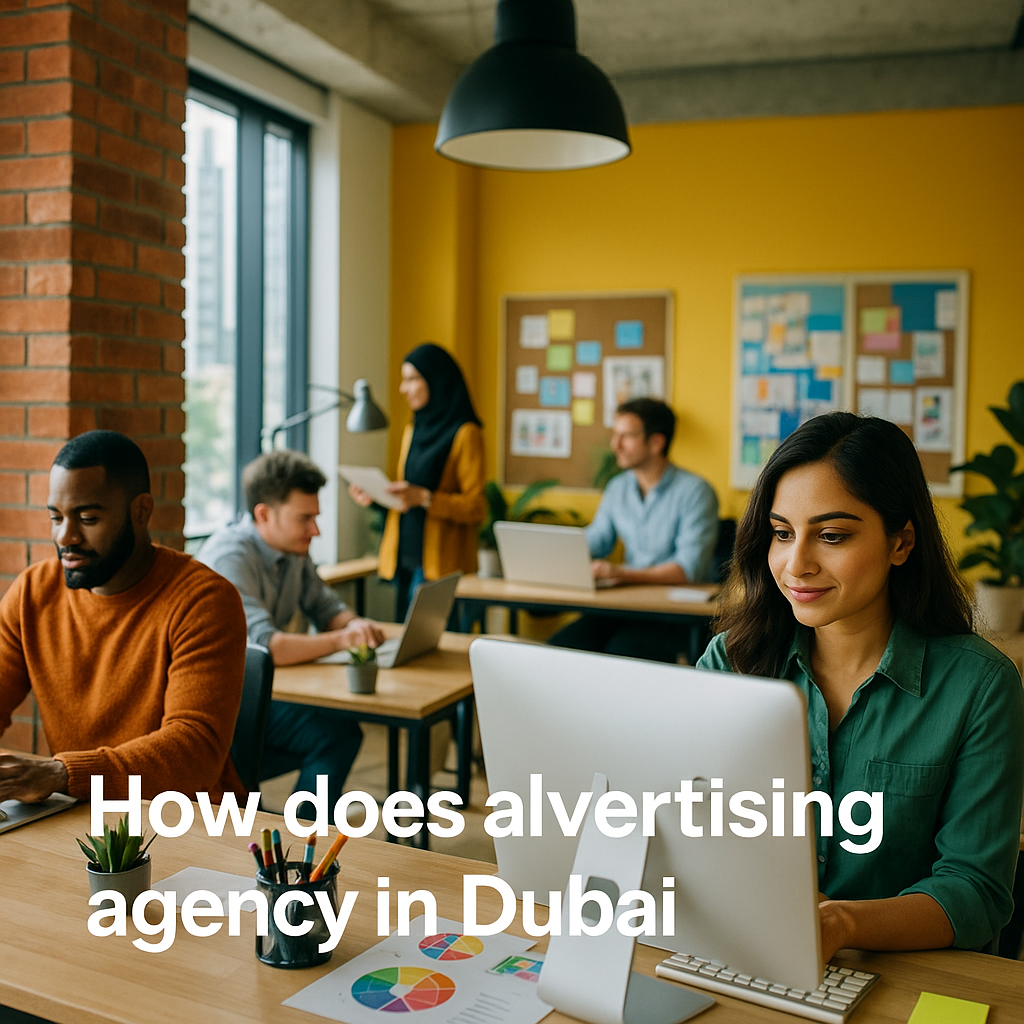How Does Advertising Work in GCC?
Meta Description: Learn how digital marketing drives growth and visibility for businesses in the region.
The Gulf Cooperation Council (GCC) region, comprising countries like Saudi Arabia, the United Arab Emirates, Qatar, Kuwait, Oman, and Bahrain, has seen a significant transformation in advertising. As businesses adapt to new technologies and consumer behaviors, understanding how advertising works in the GCC is crucial for success.
The Rise of Digital Marketing
In the past decade, digital marketing has surged in popularity across the GCC. Traditional advertising methods, like television and print media, still play a role, but digital strategies have become the primary focus for many brands. This shift can be attributed to the increasing penetration of the internet and smartphone usage in the region.
Social media platforms, in particular, have become powerful tools for businesses. Companies can directly interact with their customers and gather valuable insights on consumer preferences. Platforms like Instagram, Snapchat, and Facebook have become essential for brands looking to engage younger audiences, who increasingly prefer online interactions over traditional ones.
Understanding the Audience
The GCC region has a diverse demographic profile, with a mix of locals and expatriates. Understanding this diversity is key to creating effective advertising strategies. Different cultures and languages influence consumer behavior, making targeted marketing essential.
Brands must tailor their messages to resonate with various audiences. For example, marketing campaigns might need adjustments for Arabic speakers compared to English speakers. Additionally, local customs and traditions should be considered in all advertising efforts.
Content Marketing: Engaging the GCC Audience
One of the most effective strategies in digital marketing today is content marketing. This approach focuses on creating valuable and relevant content that attracts and engages an audience. In the GCC, content marketing has gained traction as companies seek to provide informative and entertaining content.
Businesses can enhance their visibility and reputation by producing high-quality blog posts, videos, and social media content. The goal is to build a loyal audience who trusts the brand. According to research, well-executed content marketing can lead to increased sales and customer loyalty.
Leveraging Social Media Influencers
Influencer marketing is another effective advertising strategy in the GCC. Collaborating with local influencers allows brands to tap into established audiences and build credibility. Influencers understand their followers’ interests and can tailor messages that resonate with them.
Brands must choose influencers whose values align with their own. Authenticity is essential; audiences can easily spot insincere promotions. By working with the right influencers, businesses can create campaigns that feel genuine and thus improve engagement.
Search Engine Optimization (SEO) in the GCC
To succeed in digital marketing, companies must understand the importance of search engine optimization (SEO). SEO helps businesses improve their online visibility by optimizing their websites for search engines. This process involves using relevant keywords, creating quality content, and ensuring websites are user-friendly.
In the GCC, businesses can benefit from localized SEO strategies. This includes optimizing content in Arabic and targeting region-specific keywords. By doing so, companies can enhance their chances of being discovered by potential customers.
Tracking and Analyzing Campaign Performance
Another vital aspect of advertising in the GCC is the ability to track and analyze campaign performance. Digital marketing provides businesses with various tools to monitor metrics such as website traffic, engagement rates, and conversion rates. These insights allow companies to make data-driven decisions and adjust their strategies accordingly.
Tools like Google Analytics and social media insights give marketers valuable feedback on what works and what doesn’t. By continuously analyzing performance, businesses can fine-tune their campaigns for better results.
Challenges in Advertising in the GCC
While the GCC presents many opportunities for advertisers, there are also challenges to overcome. One significant issue is the high competition in the digital space. With many brands vying for consumers’ attention, standing out becomes increasingly difficult.
Additionally, various regulations govern advertising in the GCC. Companies must navigate these regulations while ensuring their campaigns comply with local laws and cultural sensitivities. Understanding these legal aspects is crucial for avoiding penalties and ensuring successful campaigns.
Future Trends in GCC Advertising
The future of advertising in the GCC looks promising. As technology continues to advance, new advertising trends will likely emerge. For example, augmented reality (AR) and virtual reality (VR) are starting to make waves in marketing, providing immersive experiences for consumers.
Moreover, the rise of artificial intelligence (AI) is set to revolutionize the advertising landscape. AI can help streamline processes like consumer data analysis and targeted advertising, making campaigns more efficient and effective.
As businesses in the GCC embrace these emerging technologies, they will enhance their advertising strategies and better engage their target audiences.
Conclusion
In conclusion, understanding how advertising works in the GCC is essential for businesses aiming to thrive in this dynamic region. By leveraging digital marketing strategies, including content marketing, social media, and SEO, companies can enhance their visibility and connect with diverse audiences. As trends continue to evolve, staying informed and adaptable will be key to success.
For more insights on content marketing, check out these helpful resources: Master Content Marketing in the Middle East, Influence of Content Marketing in the Middle East, and Essential Content Marketing Tips.















